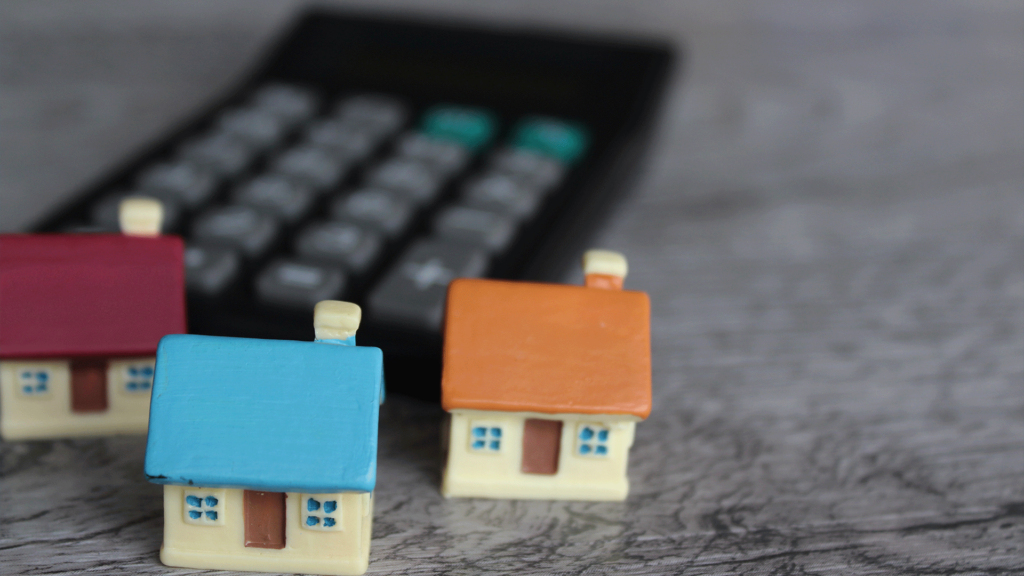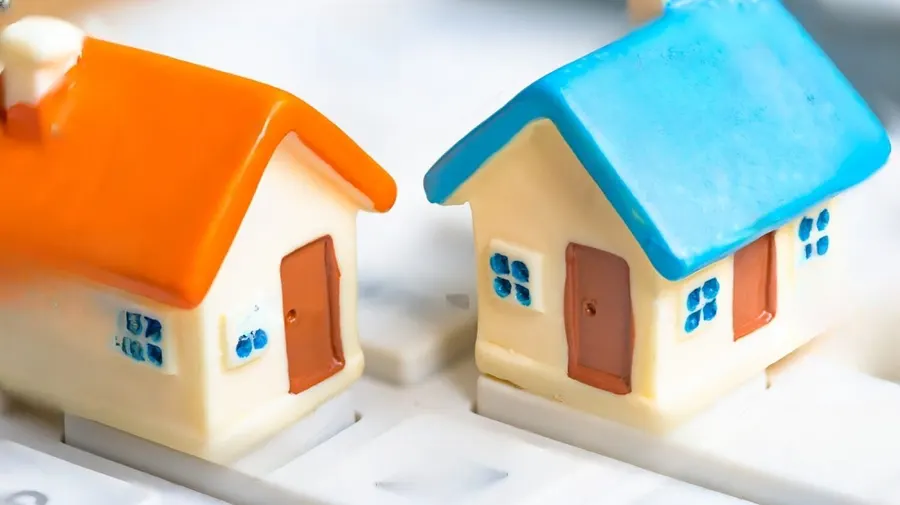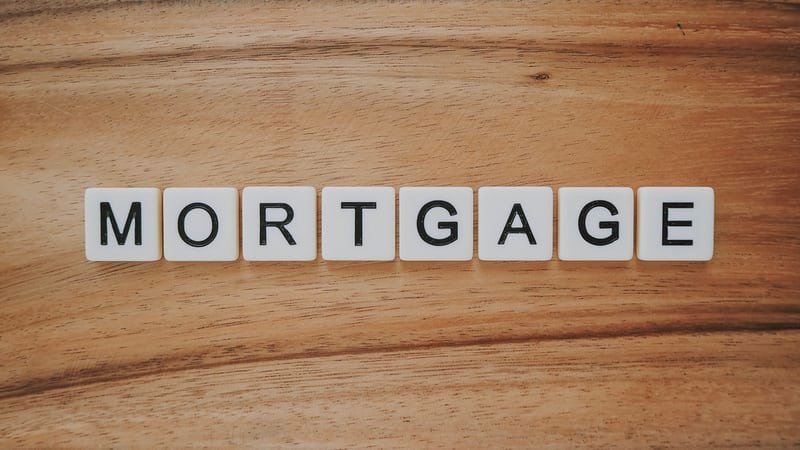Introduction
Navigating the mortgage landscape in Germany can feel like embarking on a complex journey. Whether you’re a first-time homebuyer or looking to refinance, finding the best mortgage rates is crucial for securing a favorable financial future. This guide will walk you through the essentials of the German mortgage market and provide top tips to help you find the best mortgage rates in 2024.
Understanding Mortgage Rates in Germany
Definition of Mortgage Rates
Mortgage rates refer to the interest rate charged on a mortgage loan. This rate determines how much you will pay over the life of the loan, making it a vital component of your overall borrowing cost.
Factors Influencing Mortgage Rates in Germany
Several factors influence mortgage rates in Germany, including the European Central Bank’s (ECB) policies, economic conditions, inflation rates, and the specific terms and conditions of the loan. Understanding these factors can help you predict and navigate rate changes.
Types of Mortgages Available in Germany
Fixed-Rate Mortgages
Fixed-rate mortgages offer a stable interest rate for a set period, usually between 5 to 30 years. This option is ideal for those who prefer predictable monthly payments.
Variable-Rate Mortgages
Variable-rate mortgages, also known as adjustable-rate mortgages (ARMs), have interest rates that can fluctuate over time based on market conditions. These mortgages often start with lower rates but come with the risk of future increases.
Interest-Only Mortgages
Interest-only mortgages allow borrowers to pay only the interest for a specified period, typically 5 to 10 years. After this period, repayments shift to include the principal amount, often resulting in higher monthly payments.
Current Mortgage Market Trends in Germany for 2024
Recent Trends and Predictions
The German mortgage market has shown resilience and adaptability in recent years. For 2024, experts predict stable rates with potential slight increases due to economic recovery and inflation pressures. Keeping an eye on these trends can help you time your mortgage decisions effectively.
Economic Factors Affecting Mortgage Rates
Economic factors such as GDP growth, unemployment rates, and the ECB’s monetary policies play significant roles in shaping mortgage rates. In 2024, a recovering economy might lead to higher rates, making it essential to lock in favorable terms early.
Top Tips for Finding the Best Mortgage Rates
Research and Compare Lenders
One of the most effective ways to secure the best mortgage rates is by researching and comparing offers from different lenders. Each lender has unique terms and conditions, so take the time to evaluate multiple options.
Utilize Mortgage Brokers
Mortgage brokers can be valuable allies in your search for the best rates. They have access to a wide range of products and can negotiate better terms on your behalf, saving you time and money.
Consider the Loan-to-Value Ratio
The loan-to-value (LTV) ratio is a critical factor in determining mortgage rates. A lower LTV ratio, achieved by making a larger down payment, can lead to more favorable rates.
Importance of Credit Score in Securing the Best Rates
How Credit Score Affects Mortgage Rates
Your credit score is a significant determinant of the mortgage rates you’re offered. Lenders use this score to assess your creditworthiness. Higher scores typically translate to lower interest rates.
Tips to Improve Your Credit Score
Improving your credit score involves paying bills on time, reducing debt, and avoiding new credit inquiries before applying for a mortgage. Regularly checking your credit report for errors and disputing any inaccuracies can also boost your score.
Government Programs and Incentives
Overview of Available Programs
Germany offers various government programs and incentives to support homebuyers, such as subsidies for energy-efficient homes and favorable loan terms for families.
Eligibility Criteria and Benefits
Understanding the eligibility criteria and benefits of these programs can provide significant financial advantages. For instance, the KfW Bank offers low-interest loans for energy-efficient renovations.

Understanding Additional Costs
Closing Costs
Closing costs include fees for appraisals, legal services, and processing. These costs can add up, so it’s essential to budget for them when planning your mortgage.
Insurance
Mortgage insurance protects lenders against defaults and may be required if your down payment is below a certain threshold. Additionally, homeowners insurance is necessary to protect your property.
Other Fees
Other potential fees include early repayment charges, account maintenance fees, and property valuation fees. Understanding this qoutes can help you avoid unexpected expenses.
Locking in Your Mortgage Rate
What is a Rate Lock?
A rate lock is an agreement between you and your lender that guarantees a specific interest rate for a set period, usually between 30 to 60 days. This can protect you from rate increases while your mortgage rates is being processed.
Pros and Cons of Locking in Your Rate
The primary benefit of locking in your rate is the protection against market fluctuations. However, if rates decrease, you might miss out on lower payments. Weighing these pros and cons can help you make an informed decision for mortgage rates.
Refinancing Your Mortgage
When to Consider Refinancing
Refinancing can be beneficial if current mortgage rates are significantly lower than your existing rate or if you want to switch from a variable to a fixed rate for more stability.
Steps to Refinance Your Mortgage
The refinancing process involves assessing your current mortgage, shopping for new loan terms, applying for the new loan, and closing the refinance deal. Proper planning and timing can lead to substantial savings.
Using Online Tools and Resources
Mortgage Calculators
Online mortgage calculators can help you estimate your monthly payments and overall loan costs, allowing you to plan your finances more effectively.
Comparison Websites
Comparison websites provide an easy way to evaluate different mortgage offers side by side. They can save you time and help you find the best deals.

Common Mistakes to Avoid
Not Shopping Around
Failing to shop around for the best mortgage rates can result in higher costs. Always compare multiple offers before making a decision.
Ignoring the Fine Print
The fine print in mortgage agreements often contains crucial details about fees, penalties, and other terms. Ignoring these can lead to unpleasant surprises.
Consulting Financial Advisors
Benefits of Professional Advice
Financial advisors can provide personalized guidance based on your unique financial situation, helping you make informed decisions about your mortgage.
How to Choose a Good Financial Advisor
Look for advisors with relevant qualifications, good reputations, and a clear fee structure. Personal recommendations and reviews can also be helpful.
Case Studies: Success Stories
Real-Life Examples of Securing Great Mortgage Rates
Learning from others’ experiences can provide valuable insights. For example, families who utilized government incentives and locked in low rates early often benefit from significant long-term savings.
Conclusion
Finding the best mortgage rates in Germany requires a combination of research, planning, and strategic decision-making. By understanding the market, comparing offers, and leveraging available resources, you can secure a mortgage that suits your financial needs and goals. Remember, a well-informed borrower is a successful borrower.
FAQs
- How can I get the best mortgage rate in Germany?
- To get the best mortgage rate in Germany, research multiple lenders, consider using a mortgage broker, maintain a good credit score, and explore government programs for potential benefits.
- What is the average mortgage rate in Germany?
- As of 2024, the average mortgage rate in Germany varies but generally falls between 1.5% to 2.5% for fixed-rate mortgages. Rates can fluctuate based on economic conditions and individual lender policies.
- Are fixed or variable rates better?
- Whether fixed or variable rates are better depends on your financial situation and risk tolerance. Fixed rates offer stability, while variable rates can be lower initially but come with the risk of increases.
- Can foreigners get mortgages in Germany?
- Yes, foreigners can get mortgages in Germany. However, the process may involve additional requirements such as a larger down payment or proof of stable income.
- What is the process of applying for a mortgage in Germany?
- Applying for a mortgage in Germany involves several steps: gathering necessary documents, comparing offers, submitting applications, and completing the underwriting process. Consulting with a financial advisor can streamline this process.



yes